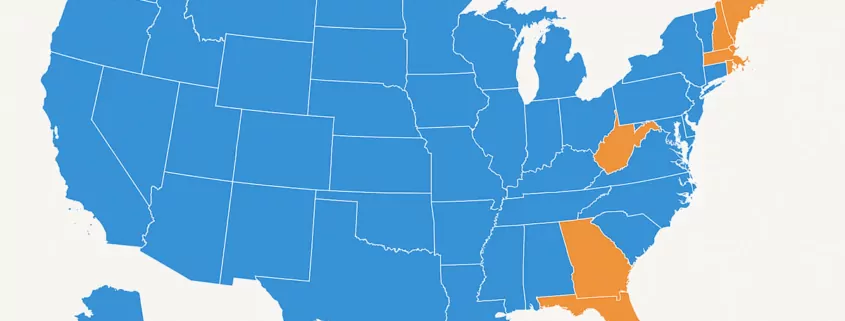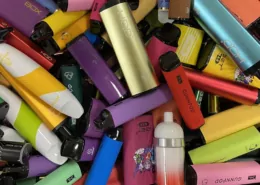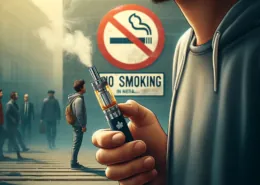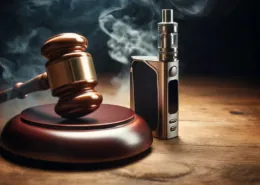PMTA Vape Registry Bills: Protecting Health or Big Tobacco?
A new legislative trend is sweeping across the United States, fundamentally reshaping the landscape for vaping products. So-called Premarket Tobacco Product Application (PMTA) registry bills are gaining traction in numerous states, presented as a means to protect consumers from unregulated products and curb youth vaping. These laws typically restrict legal vape sales to only those products that have either received marketing authorization from the U.S. Food and Drug Administration (FDA) through its rigorous PMTA pathway or are currently undergoing that intensive review process. Virginia recently confirmed its version of such a law, albeit with a one-year enforcement delay, while similar legislation in Iowa awaits the governor’s decision. However, these bills are far from universally praised. Tobacco harm reduction advocates and smaller, independent vape businesses decry them as overly restrictive, arguing they harmfully limit options for adult smokers seeking safer alternatives to cigarettes and effectively hand market dominance to large tobacco companies whose few FDA-authorized vaping products often fit the narrow criteria.
Understanding PMTA Registry Bills: The Core Mechanism
The central premise of PMTA registry bills is to align state-level vape product legality with the federal FDA’s regulatory framework. The FDA’s PMTA process requires manufacturers to submit extensive scientific evidence demonstrating that their product is “appropriate for the protection of public health.” This is an expensive and complex undertaking, and to date, the FDA has authorized very few vaping products, almost exclusively tobacco-flavored options from major manufacturers. Millions of applications, especially for flavored products, have been rejected.
State-level PMTA registry laws essentially create a “closed list” or directory of vape products that can be legally sold within that state. If a product isn’t on this list (meaning it lacks FDA authorization or an active PMTA under review), it becomes illegal to sell, distribute, or sometimes even possess. This effectively targets the vast majority of vaping products currently on the market, particularly flavored disposable vapes, many of which originate from China and operate in a legal gray area regarding FDA enforcement.
The Rationale: Protecting Consumers and Curbing Youth Vaping
Supporters of PMTA registry legislation, often including state lawmakers and some public health groups, argue these bills are necessary to:
- Protect Consumers from Unregulated Products: They contend that the market is flooded with unauthorized products, many from overseas, with unknown ingredients and manufacturing standards. Registry laws aim to ensure only products that have undergone some level of FDA scrutiny are available. Virginia Delegate Rodney Willett, a sponsor of his state’s bill, highlighted concerns about an influx of “completely unregulated and untaxed” vaping products from China.
- Curb Youth Vaping: A primary driver is the desire to reduce underage vaping, which is often blamed on the appeal of flavored disposable vapes. By restricting sales to only FDA-authorized (mostly non-flavored or tobacco/menthol flavored) products, proponents hope to make vapes less attractive to minors.
- Provide Clarity for Retailers: Some supporters, including representatives from large tobacco companies like Altria, argue these laws provide clarity for law-abiding retailers on what is permissible to sell, helping them avoid inadvertently stocking illicit products. David Sutton of Altria described Virginia’s bill as a “meaningful step towards addressing the widespread sale of illicit vapes.”
Ecigator is one of the well-known vape brands spun off from FM Technology Co., Ltd, it’s an ISO-certified disposable vape manufacturer for OEMs, ODMs, and OBM since 2010. The founder team comes from top firms with more than 10 years of experience in the vaping industry and has devoted thousands of hours to providing users with a better and better experience.
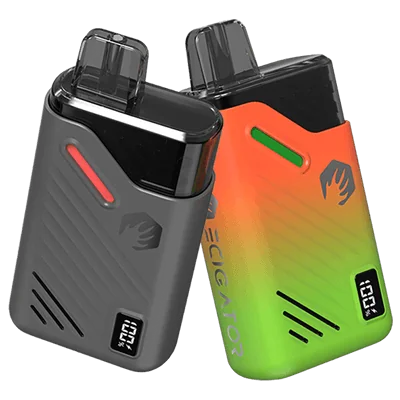
18K Disposable Pod Kit
Disposable Pod Kit – 18ml changeable pod with 650mAh rechargeable battery.
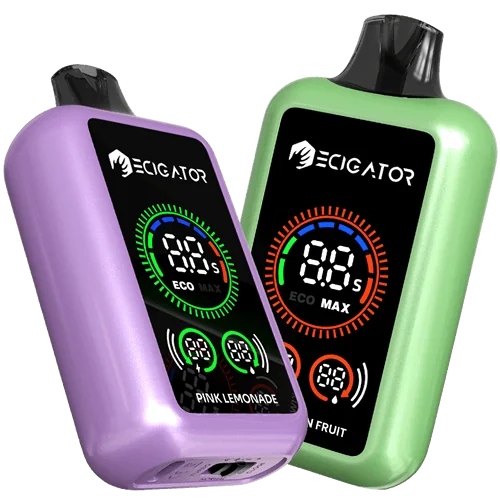
20K with Large Screen
20000 Puffs Disposable Vape with large screen. Normal and Boost working modes.
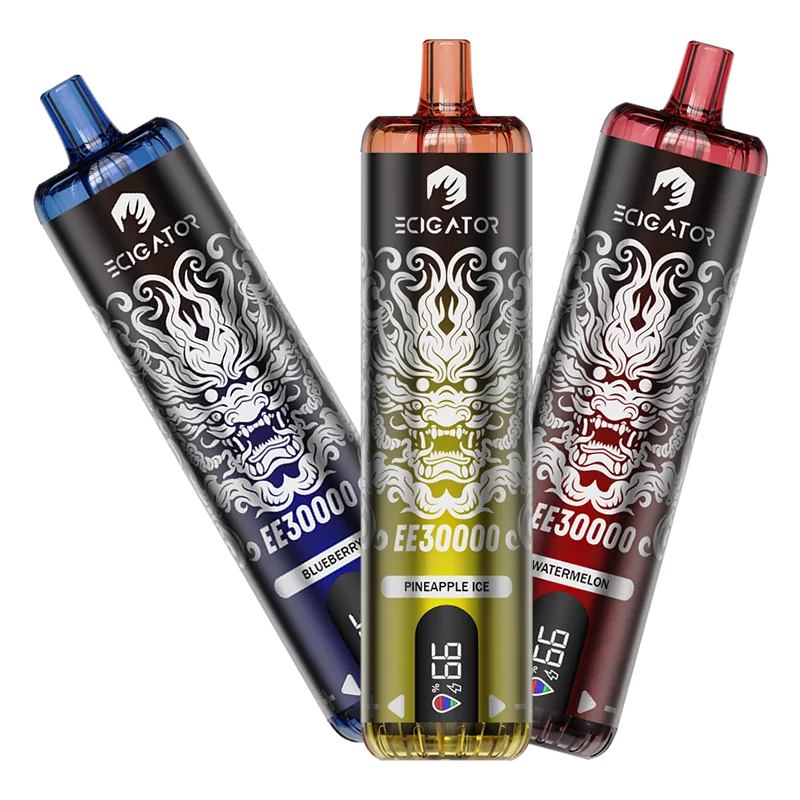
30K DTL Disposable
30K Puffs DTL(Directly to Lung) disposable vape with airflow control and screen.
The Opposition: Harm Reduction Setbacks and Market Domination
Despite these stated intentions, PMTA registry bills face fierce opposition from tobacco harm reduction advocates, consumer groups like the Consumer Advocates for Smoke-Free Alternatives Association (CASAA), and many independent vape businesses.
- Limiting Options for Adult Smokers: Critics argue that these laws drastically reduce the availability of vaping products that adult smokers find effective for quitting cigarettes. Many former smokers state that access to a variety of flavors was crucial in their transition away from combustible tobacco. With the FDA having authorized no non-tobacco flavored vaping products, these bills effectively enact state-level flavor bans.
- Favoring Big Tobacco: A major criticism is that PMTA registry laws disproportionately benefit large tobacco companies. These corporations (like Altria, which owns NJOY, and Reynolds American, which makes Vuse) are among the very few to have the substantial financial and scientific resources to navigate the FDA’s “excessively onerous and opaque” PMTA process and secure marketing orders for their vaping products. Smaller, independent vape manufacturers often cannot afford this process. Opponents see these bills as a way for “Big Tobacco” to eliminate competition and dominate the legal vape market. Skip Murray, a tobacco harm reduction advocate and former vape shop owner, stated, “Is anyone asking why those companies want those bills passed? Could it be to provide them with a monopoly?”
- Devastating Small Businesses: Independent vape shops, which often rely on selling a diverse range of e-liquids and open-system devices (many of which lack PMTAs for every component or liquid combination), face significant financial hardship or closure under these laws. Gregory Conley of the American Vapor Manufacturers trade organization warned that Virginia’s bill would mean “an extra year to prepare to close their doors” for many small business owners. Economic research firm John Dunham and Associates predicted substantial job and economic losses in Virginia if flavored vapes are removed from shelves.
- Fueling the Black Market: By severely restricting legal access to products adult vapers prefer, these laws may inadvertently drive consumers towards the illicit market, where product safety and age verification are non-existent.
- Misunderstanding by Lawmakers: Conley argued, “Most legislators do not understand that PMTA registries aim to ban the sale of the vast majority of vaping products used by adults in their state. They think they are fighting Chinese scofflaws, but really they are making life worse for their own voters.”
Skip Murray also emphasized the vital role specialized vape shops play in providing support and tailored advice to smokers looking to switch, a service not available from convenience store cashiers. She noted that the “flood of misinformation convinced people that vaping wasn’t a safer option than smoking,” making the role of knowledgeable vape shop staff even more critical.
The Spreading Trend and Its Implications
Alabama, Louisiana, and Oklahoma already have PMTA registry laws in force. Similar laws in Kentucky, Utah, and Wisconsin are set to take effect in 2025, though the Kentucky legislation faces a lawsuit. According to Ecigator, legislators in approximately 20 other states are currently considering such bills. This indicates a significant and coordinated push for this type of regulation across the country.
The outcome of these legislative efforts will have profound implications for the future of vaping in the U.S. Will they succeed in curbing youth vaping and removing genuinely problematic unregulated products? Or will they primarily serve to decimate the independent vape industry, limit choices for adult smokers seeking harm reduction, and inadvertently bolster the very tobacco companies many of these policies originally sought to constrain? The debate continues, but the direction of travel in many statehouses is clear.
- Mexico Passes Law to Ban Tobacco Ads, Expand Smoke-Free Zones - August 13, 2025
- Big Vape Brands Bypass Ad Bans Via Global Social Media - August 13, 2025
- UK to Make Vape Sellers Pay for E-Waste Disposal - August 13, 2025

